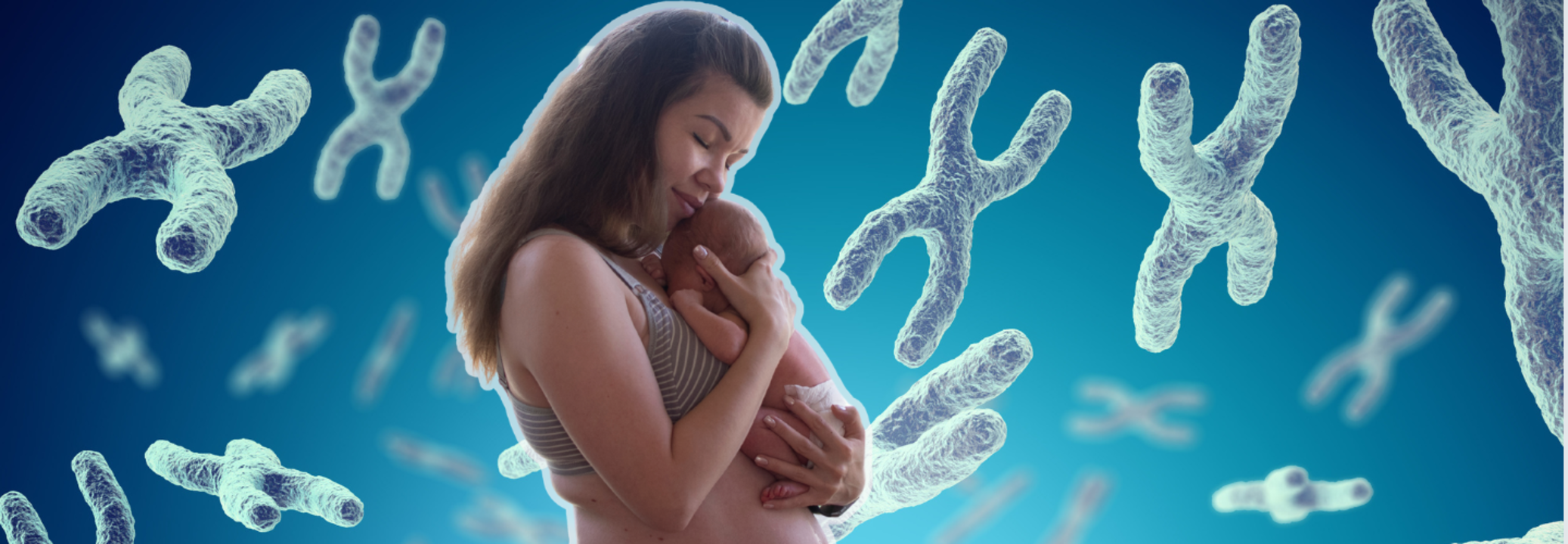Mother's DNA Shapes Baby’s Brain And Age- How Exactly Does It Happen?

Image Credit: Health and me
SummaryMaternal DNA, particularly the X chromosome, significantly influences a baby’s brain development and aging. Genetic variations and maternal vitamin D levels during pregnancy impact cognition, memory, and long-term health outcomes.
End of Article
